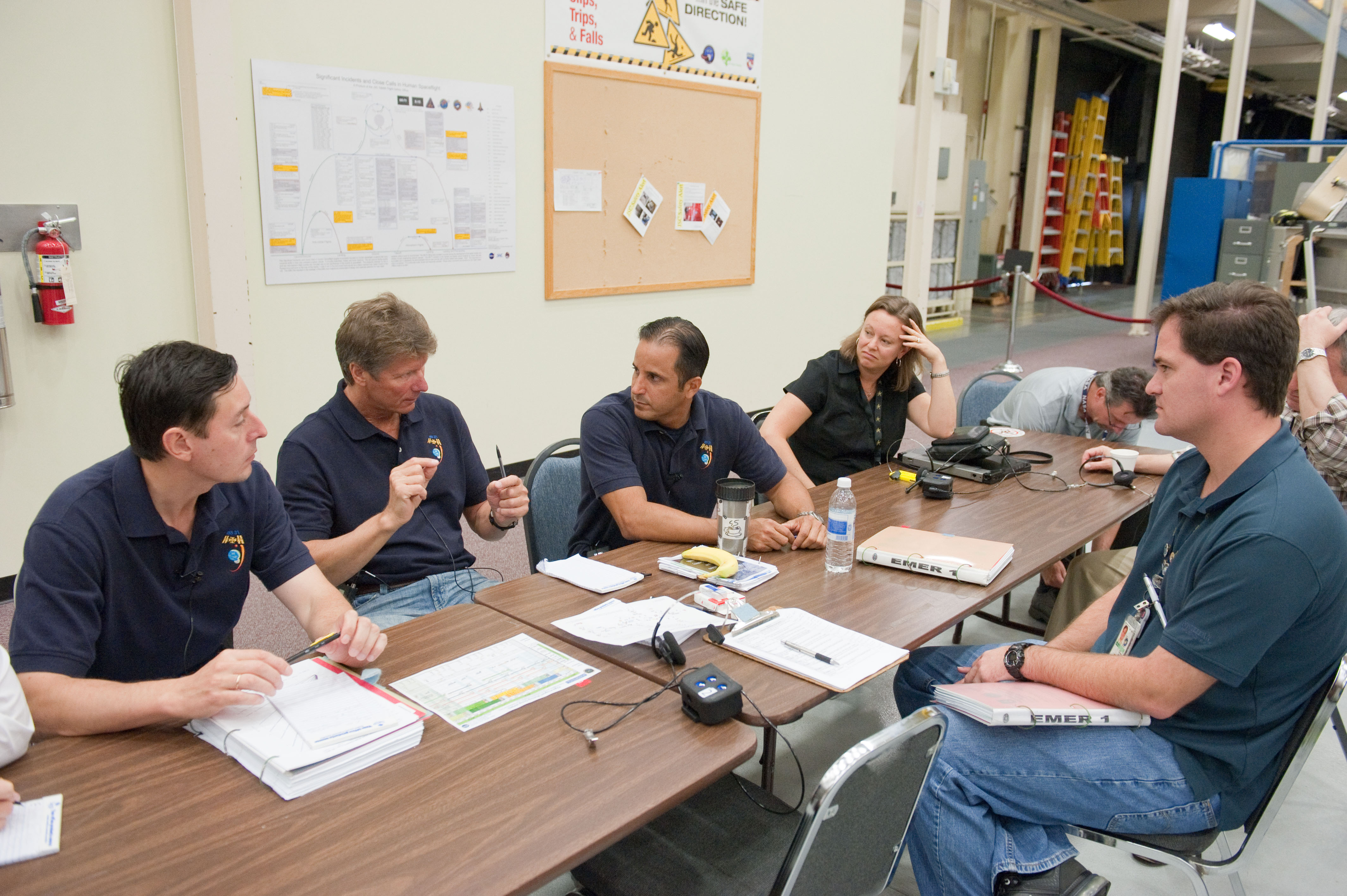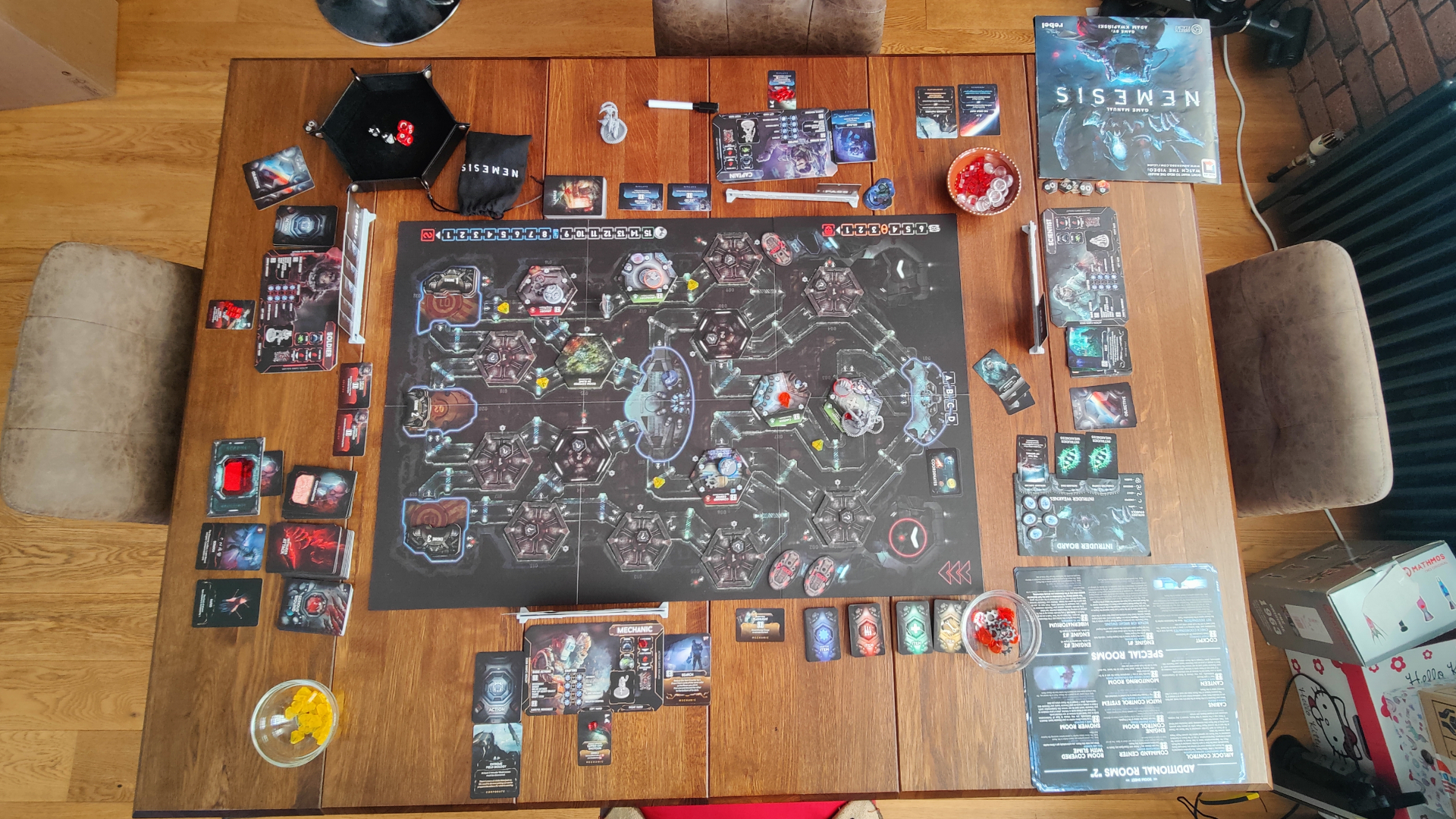Russia Evaluates Space Capsule Cracks Ahead of March Launch

Recent tests of a Russian spaceship set to launch a new crew to the International Space Station in March have revealed worrisome cracks in the spacecraft's landing capsule, according to Russian news reports.
The Soyuz TMA-04M is slated to launch to the orbiting complex on March 29, but cracks in the spacecraft's descent vehicle were uncovered during testing, reported the Russian news service Interfax-AVN, who quoted an unnamed space industry official.
"The descent vehicle's shell broke during air tightness testing," the unnamed industry official told Interfax. "This descent capsule can no longer be used in a manned flight. The remaining time is not enough to prepare the descent capsule built for the next Soyuz. Therefore, the launch of the Soyuz TMA-04M will have to be rescheduled until the second half of April or the first half of May."
The Soyuz spacecraft is slated to launch NASA astronaut Joe Acaba and Russian cosmonauts Gennady Padalka and Sergei Revin to the space station in March to replace an outgoing crew.
The space station is currently home to six astronauts; three Russians, two Americans and one Dutch spaceflyer. Commander Dan Burbank, of NASA, and Russian cosmonauts Anton Shkaplerov and Anatoly Ivanishin are scheduled to return to Earth on March 16.
If the new Soyuz capsule is unable to launch on time in late March, it may potentially alter the current launch and landing schedule planned by NASA and its space station partners.
"We'll work with our Russian colleagues to understand what occurred," NASA spokesperson Kylie Clem told SPACE.com. "They will investigate what happened, and we'll work with them."
Breaking space news, the latest updates on rocket launches, skywatching events and more!
Clem said she had seen the reports, but could not offer details about what occurred with the vehicle. She also said it is too early to know what kind of impact any issues with the Soyuz spacecraft could have on the current launch schedule.
"There is plenty of margin for the current space station crew to stay onboard longer, if necessary, and plenty of margin in the manifest for upcoming launches," Clem added.
Officials at the Russian Federal Space Agency did not immediately return calls or emails.
Russia's space agency has been plagued with a string of accidents over the past year, including several unmanned rocket failures and a botched mission to the Mars moon Phobos. The Mars probe crashed back to Earth on Jan. 15.
Russia uses different versions of its Soyuz rocket to launch crewed Soyuz capsules and unmanned Progress spaceships. The typically dependable rocket experienced problems in August, when it crashed in Siberia while attempting to launch a robotic Progress 44 cargo freighter toward the space station.
Russia's latest rocket launch occurred Wednesday (Jan. 25), when a Soyuz rocket successfully launched the Progress 46 cargo ship to the space station. That Progress spacecraft will dock at the orbiting laboratory later today.
You can follow SPACE.com staff writer Denise Chow on Twitter @denisechow. Follow SPACE.com for the latest in space science and exploration news on Twitter @Spacedotcom and on Facebook.

Denise Chow is a former Space.com staff writer who then worked as assistant managing editor at Live Science before moving to NBC News as a science reporter, where she focuses on general science and climate change. She spent two years with Space.com, writing about rocket launches and covering NASA's final three space shuttle missions, before joining the Live Science team in 2013. A Canadian transplant, Denise has a bachelor's degree from the University of Toronto, and a master's degree in journalism from New York University. At NBC News, Denise covers general science and climate change.
